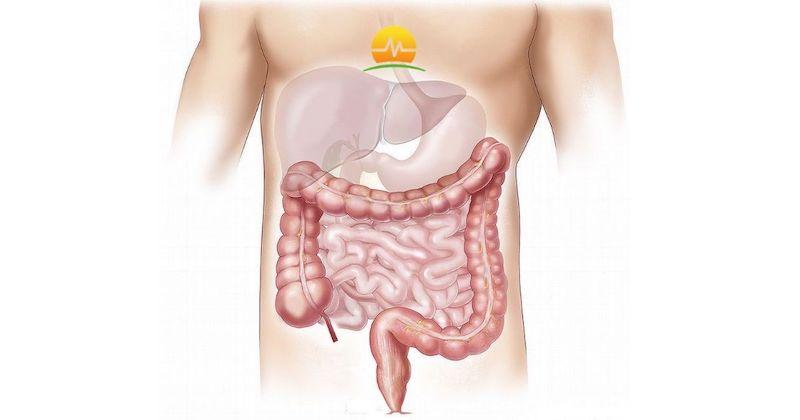When discussing colon health, it is important to understand more about diverticular disease and one of its most common sub-conditions, diverticulosis. Diverticulosis a very common problem that can alternately cause serious follow-on conditions, or no symptoms at all. The colon is a very sensitive organ that plays in important part in the digestive system. Proper colon health can not only make life easier, but it also avoids many serious medical issues and even surgery in some cases. However, with our collectively worsened diets in the United States, poor colon health has led to an increase in bowel related issues, colon and rectal cancer, diverticulosis and resultant diverticulitis.
So, what is diverticulosis?
Diverticulosis occurs when small pockets form within the colon due to a weakening of the colonic wall. It is a very common condition that occurs in the majority of people by the time they reach advanced age. Diverticulosis itself is not necessarily a problem, however it increases the risk of diverticulitis which represents an infection in the pockets mentioned above.
Is diverticulosis hereditary or is there something that we can do about it?
As with most intestinal conditions, heredity plays a role in the development and severity of certain conditions, including diverticulosis. In other words, if close family members have suffered from diverticulosis, your risk may be somewhat higher as well.
However, your genes and family history are not the leading cause of diverticulosis. In fact, there are many other considerations that patient should understand that increase the risk of developing diverticulosis:
- First, is age. As we get older the risk of diverticulosis increases as our musculature and tissue strength diminishes.
- Second is straining during bowel movements (causing pressure on the colonic walls). This is often caused by chronic dehydration and lack of fiber in the diet. Both of these make it harder for the colon to effectively create bulk and expel it. In fact, countries with diet high in fiber seem to have the lowest incidence of diverticular disease.
The last word
Ultimately, while diverticular disease, and in particular diverticulosis, can be hereditary, this does not mean that patients should take it as a given. Quite the opposite; if you know that you have a genetic predisposition for diverticulosis, you should improve your hydration and fiber intake to ensure the lowest possible risk.
While not all cases of diverticulosis end up as diverticulitis, the latter condition is serious and often involves the removal of part of the colon, known as a colon resection or colectomy. While modern technology and technique have made colon surgery less invasive than ever before, there still is the potential for a temporary or permanent colostomy, depending on the overall health of the bowel.
The same health issues that increase the risk of diverticulosis have also increased the prevalence of colon and rectal cancer. Cancers of the bowel occur more frequently in patients who have a poor diet that often consists of high calorie, low nutrient and low fiber foods and drinks.
As with any serious medical condition, prevention is much better than any treatment will ever be. Colon issues are one of the most preventable conditions that our patients face, but the health of our large intestines is often an afterthought.



